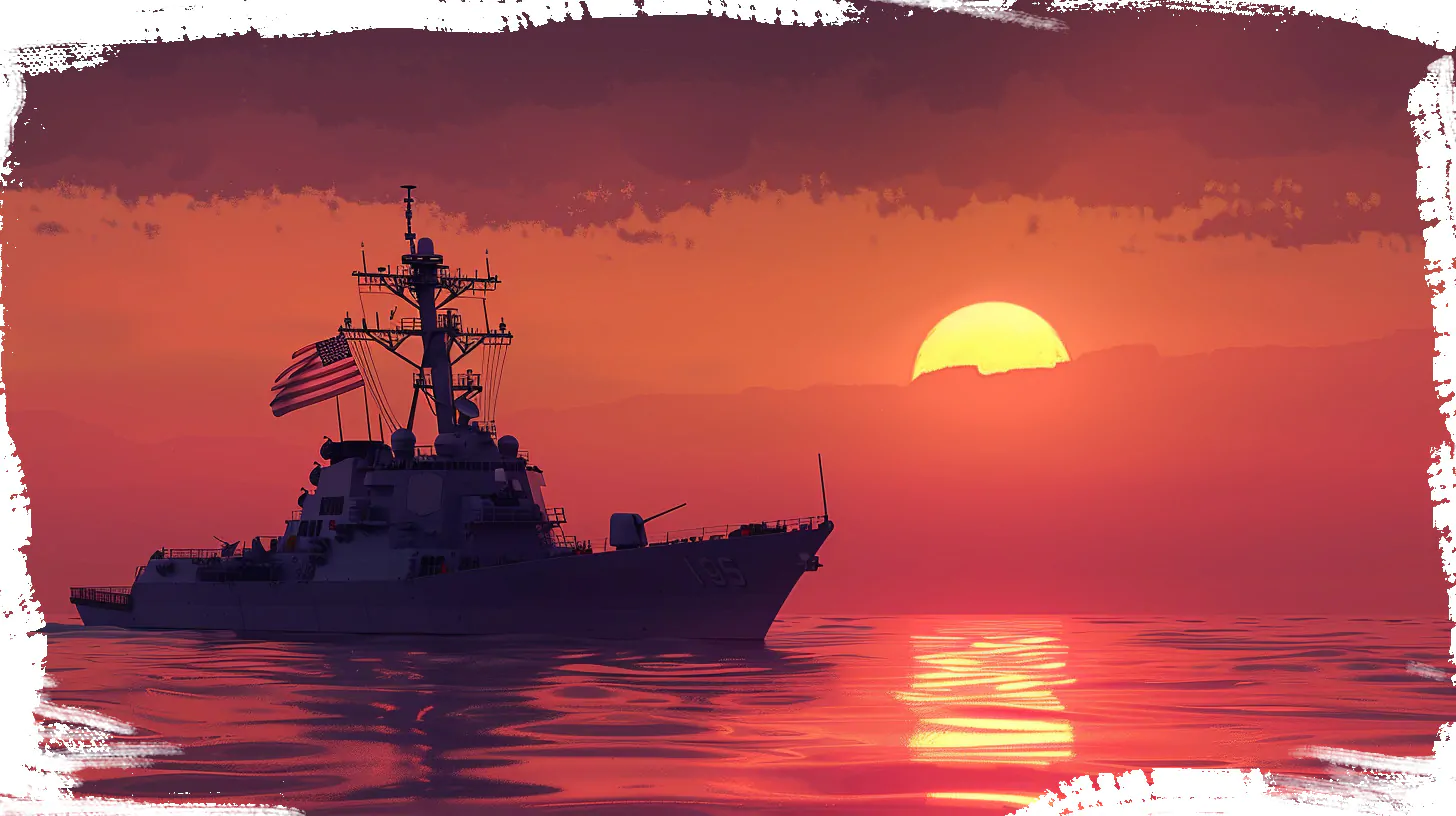Democrats may seriously consider the war with Russia at sea, where the US feels more confident than in land conflicts, as a way to avoid the election whatsoever.
The oil market dynamics, the US election reaching its final stage and the progress of the special military operation define the fundamental terms of the big tempo-based game played around Russia. The current oil prices topping two-month highs are helping Russia a lot now. Despite the high inflation rates making the Russian Central Bank stick to a strict monetary policy, the budget keeps getting its petrodollars and the rouble remains relatively stable.
Such a tranquillity in Russia’s economy is what Americans strongly dislike. The price ceiling of 60 USD per barrel of Russian oil set by G7 countries was broken long ago. The current Brent rates reach 88 USD at times, with the discount for the Russian crude reduced to just 10–13 per cent. However, with all US wishful efforts, new sanctions against Russia’s oil sector are facing one important challenge. Any restrictions must not cover the Russian oil exports per se, just the oil price.
The point is that blocking exports will further inflate oil rates including in the US domestic market. Which the Biden administration does not want to let happen. The Americans do not have additional oil volumes to fill the falling volumes. This, for instance, is why Washington insists that Kiev leadership abstain from attacking Russian oil refineries. The fear of playing against themselves ties Americans’ hands in many ways. Alternatively, the understanding that Russia’s military defeat is increasingly unlikely leads to a higher focus on further economic choking and new forms of escalation.
The Americans do not have that many options in these circumstances. One of the most probable scenarios is to move the conflict from land to sea. Currently, the Baltic ports account for about 40 per cent of Russia’s marine oil exports. The high share of Russia’s Western ports in oil trade is explained, in particular, by significant risks for oil transportation via Novorossiysk located close to the military conflict zone and regularly attacked.
Some oil from the Baltic Sea goes, again, to EU and India. Another portion goes northwards and ships via the Northern Sea Route. Directing oil flows to Leningrad region is also justified geographically, considering locations of oil fields and the existing delivery and port transshipment infrastructure. Anyway, new sanctions could affect a significant part of Russian oil exports and, therefore, budget revenues.
In late June and early July, the idea to restrict the traffic of Russian tankers through Danish straits, which had been discussed from mid last year, gained traction again. Danish Interior Minister Lars Løcke Rasmussen stated that they are working on this matter together with other countries. The countries he is, probably, talking about are Sweden, Germany, Norway and Finland, which have their territorial waters in the Baltic Sea like Denmark. Copenhagen has a key role to play controlling the three main straits at the exit from the Baltic Sea – the Little Belt, the Grand Belt, the Oresund and the two straits at the entry to the North Sea, which are the Kattegat and the Skagerrak, being ‘a bottleneck’ of the entire marine trade in this region.
The ban to cross the straits could concern those tankers carrying oil under the contracts beyond the price cap. Effectively, Denmark will have to take the role of Yemeni Houthis, yet doing piracy in Northern waters. There are two main problems about this plan. The first is the international legalisation of such a decision. It is clear that the law of the sea does not allow to hamper the passage of trade vessels: this falls beyond the provisions of both the Montreux Convention and the older Copenhagen Convention, which abolished the collection of duties from vessels crossing Danish straits. However, like in the case of frozen Russian assets, the power of law can be replaced with the power of force here.
Arousing from this is the second problem, which is the capacity to physically ensure the execution of those decisions taken by Western countries. A year ago, the spiralling escalation prevented taking such radical measures as physical restriction of international shipping imposed individually on Russia. But at the time, the collective West still had hopes about the success of the Ukrainian Army at the front, Sweden was not part of NATO, and Biden’s re-election prospects were not so meagre like today.
The accelerated modernization launched for the Russian Navy, including the upgrades of Russian top vessels with Zircon arsenals, can also push the West to an escalation at sea. As the logics of Washington and Brussels goes, they should do it now, or never.
Blocking Russian tankers will obviously provoke a Russian response. Escorting oil tankers with warships will maximize the stakes in the game. Because, according to war rules, an attack against a warship can be considered a declaration of war. And there is no doubt Russia, forced to take action to defend its trade vessels, will be presented as ‘an aggressor’.
The possibility of this scenario becomes even higher considering the sad prospects of Democrats in the US. Democrats may seriously consider the war with Russia, if not on land, then at sea, where the US, Great Britain and other sea powers feel more confident than in land conflicts, as a way to avoid the election whatsoever by cancelling it on the pretext of martial law. Well, Zelenskyy eventually could play this trick in Ukraine, so why Biden not follow his protégé’s example.

